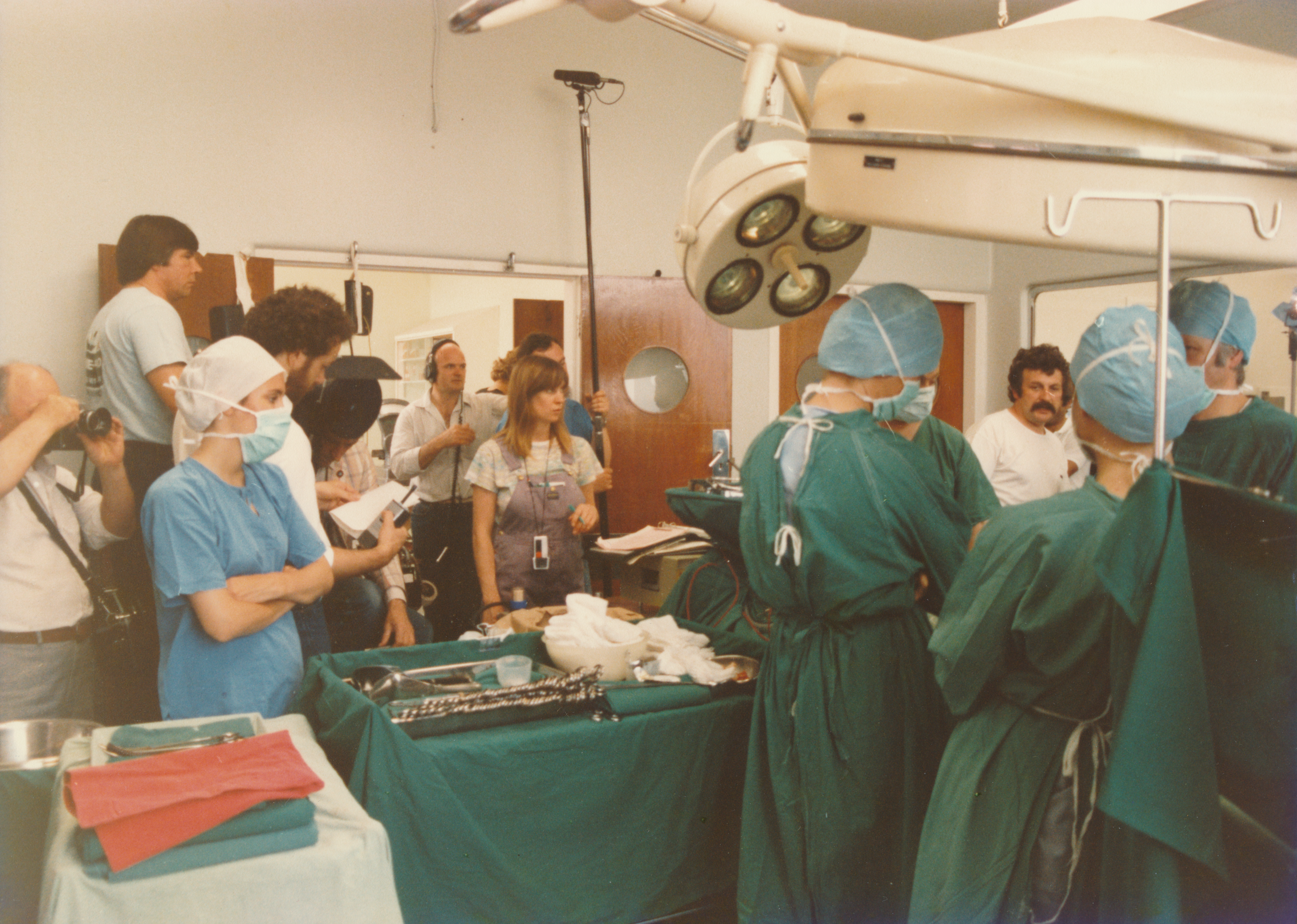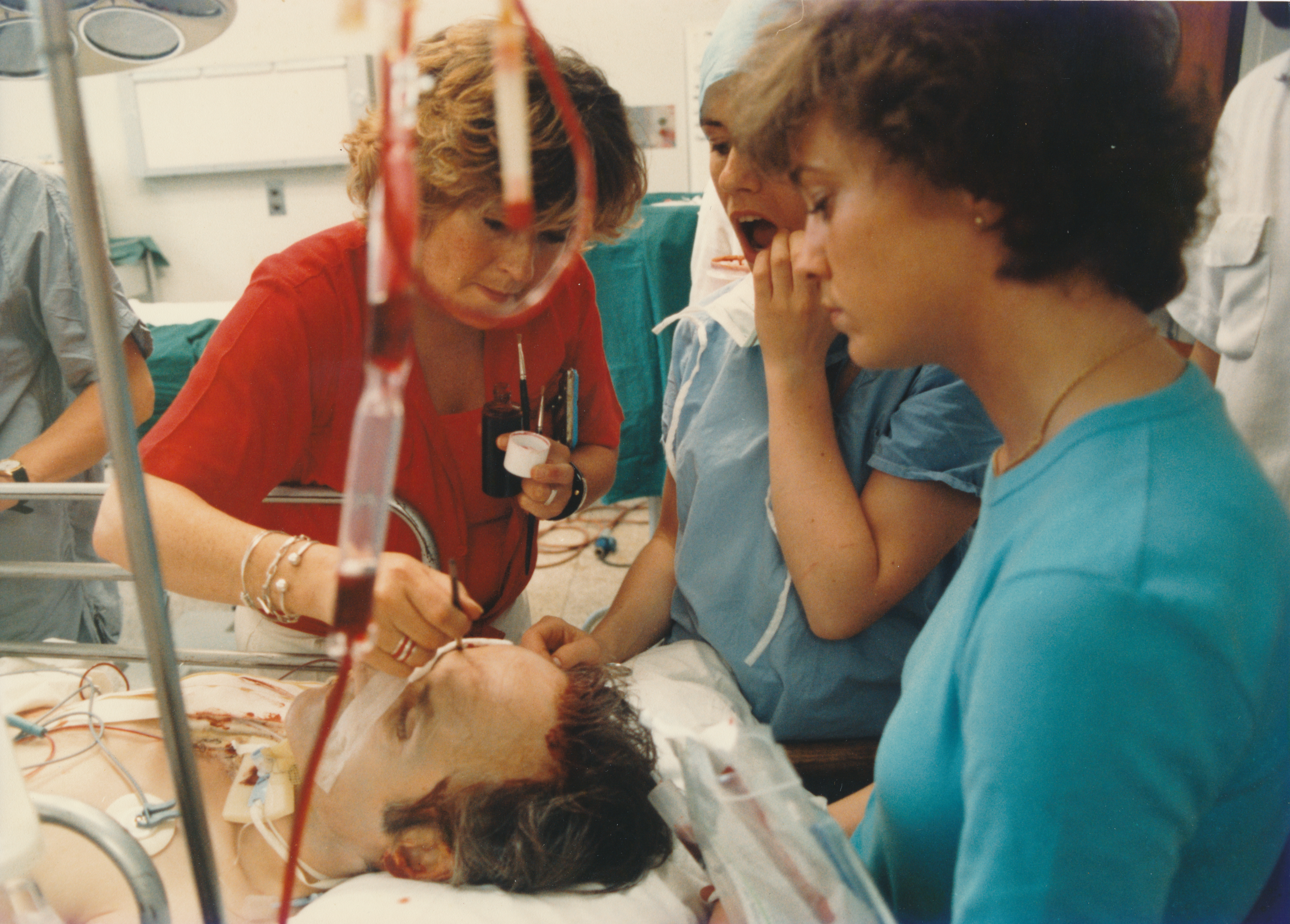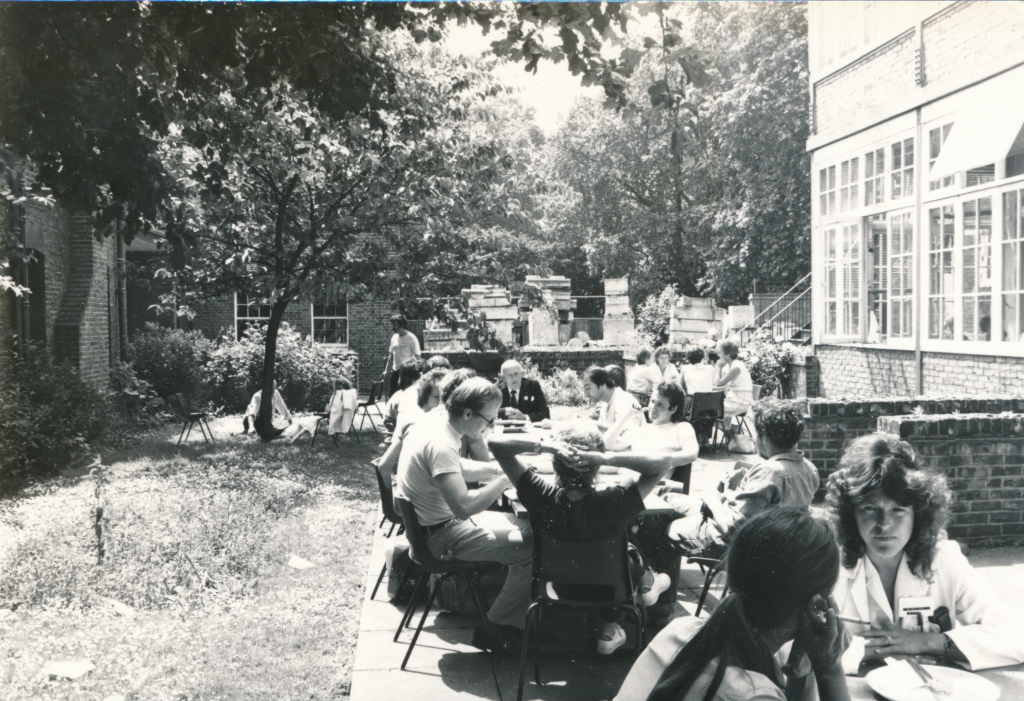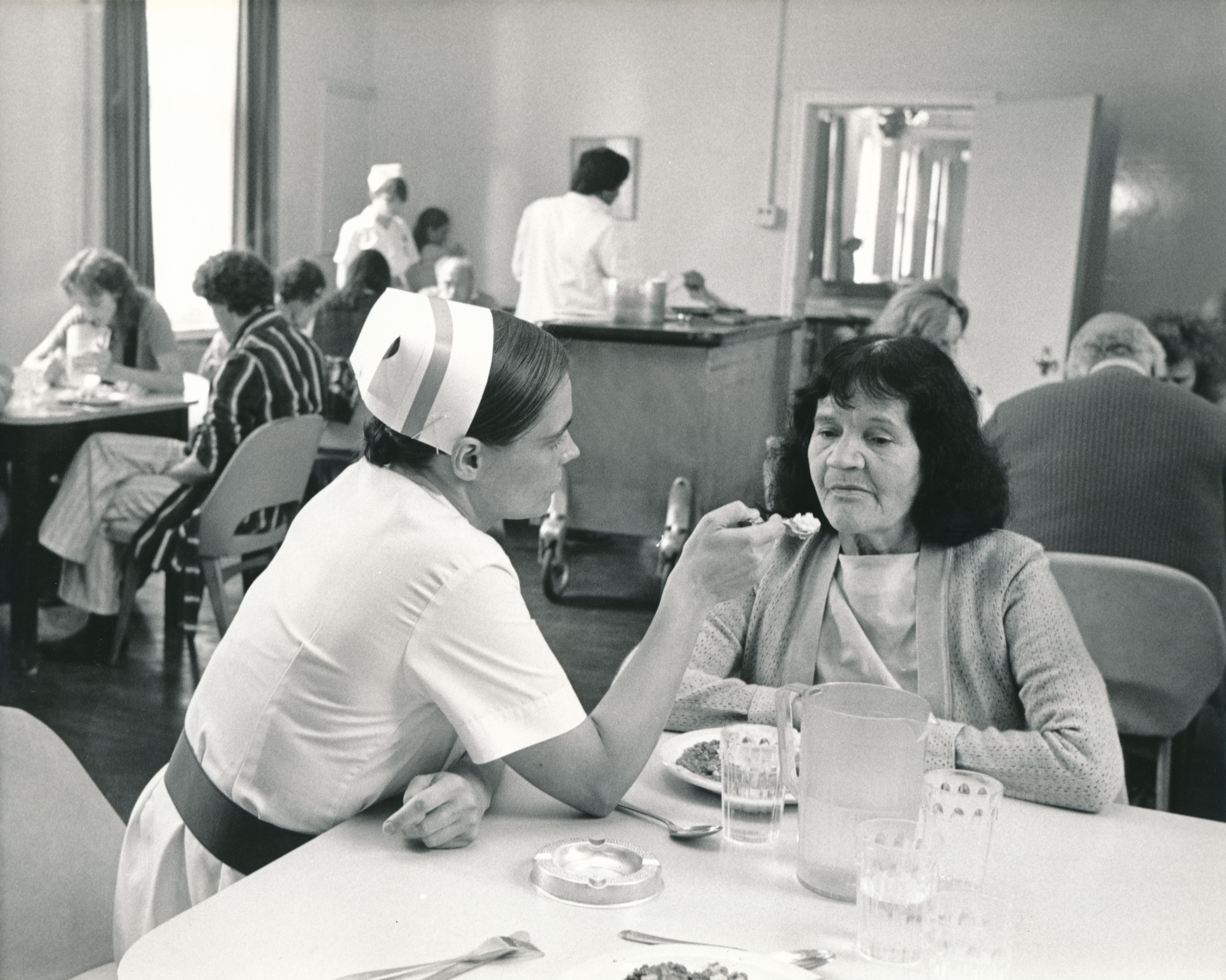When I qualified as a doctor in the 1970’s there was a requirement to undertake two six month periods of work in a hospital setting called house jobs. After that you could work as a General Practitioner or go on to specialist training which was the path I chose.
From the time I qualified, quite quickly I got to see all the appalling short-comings of the UK health service. During my time at St Bernard’s Hospital I was asked to show a writer round. He wanted to learn about the inner workings of the hospital. He came back a few times and I found his questions very interesting. He was clearly surprised at what he saw. I thought nothing more of that for a while. Out of the blue a year or so later I got a phone call asking whether I was interested in working on the TV series which had now got the go-ahead. Most people I asked thought it was a bad idea and that it would have a damaging effect on my career. The job as a technical advisor would last a few months. I had finished what was then called general professional training and at the time I felt I could do with a short break. Over the years I had a number of different jobs and never regretted the experiences so I said yes.
It may seem surprising now to imagine that in the UK until 1982, there were only three TV channels, BBC1, BBC2 and ITV, nothing else. Channel Four was to be innovative and cutting edge. The TV series “The Nations Health” was commissioned to be just that.
At the time such drama documentaries were becoming popular. This was to be a series of four linked ninety minute episodes. My role was somewhat vague, but included liaison with hospitals and staff to get things moving and make sure that it looked right.
For the most part in the health service we experience crisis management, long-term underfunding, an expectation of staggering on and things going wrong. So it was a real eye-opener for me to see the way the TV series was organised and the work structured. Related to that was the fact that a reasonable budget had been set; it is surprising how that helps.
Much of the filming took place in disused hospitals and part of my job was to assist the art department in making it look like the real thing. In addition, actors had to look and behave like proper staff and patients. It was important to capture the mood and attitudes as much as anything else.

Here is a typical set-up with camera, sound and various technical people wondering whether the actors actually know what they are doing and can remember their lines.

All pretend.
There were many interesting aspects to the job. Here, advising Pat, the make-up artist just how bad the patient should look…..

For some of the filming days a theatre nurse came along to help. But we both look worried, will the scene look right? In the end it did.
I do look quite a bit younger in this photo.
The catering manager observed that the technicians setting up lights and doing the heavy lifting jobs liked roast and vegetables for lunch, the production team the fish or salad and the actors would go for the vegetarian options. He was quite right. I also learnt that catering keeps people happy. If it was a long day more food was produced and the effect was dramatic.

Everybody is looking quite relaxed at lunchtime. I enjoyed meeting and working with non-medical people and hearing what made them tick.

In some, ways making the psychiatric scenes look authentic was the most challenging.
The actual intensity of work was less than I was used to. There was a fair amount of hanging around at times. I also learnt a lot about filming and drama, skills which have come in use later in life.
I thought that when series was shown it would have a beneficial impact on health-care in the UK. Deference in society was fading as force and the 1970’s were notable for political upheavals. Although maybe these changes were not as much as I thought.
Clearly Channel Four were hoping for a lot of controversy. In fact, the series was well regarded and I believe entertaining to watch. There were certainly some polemical moments. Many themes were addressed and the fundamentals of the western medical approach challenged. In the end though, there were few surprises for anybody who worked in the health service. After the first airing of each episode there was a round table discussion by experts, the hope being to offer further challenges, but most medics seemed to agree with many of the points being made.
The overall effect of the series though to drive any change in health care was minimal or zero, which at the time I found very surprising and disappointing. However, it is a constantly repeated observation, and at first sight puzzling. It is something I’ve thought about for 30 years or more, why is it that people want to deny what is obvious? The answer lies, I think, in understanding the psychology of the comfort blanket. We all want to believe that at times of crisis we will be looked after and that everything will be OK. And we don’t like that to be challenged.
Public attitudes to other health-care systems elsewhere in the world are very different.
The series is still worth watching and since then, fly on the wall TV which covers a lot of the same ground, has become commonplace. In the end, I think working on the TV series had a beneficial effect on my career. Nowadays the idea of rocking the boat or towing the party line that the NHS is wonderful in every respect and the envy of the world is completely laughable. How times change. Maybe the TV series did start something after all.
